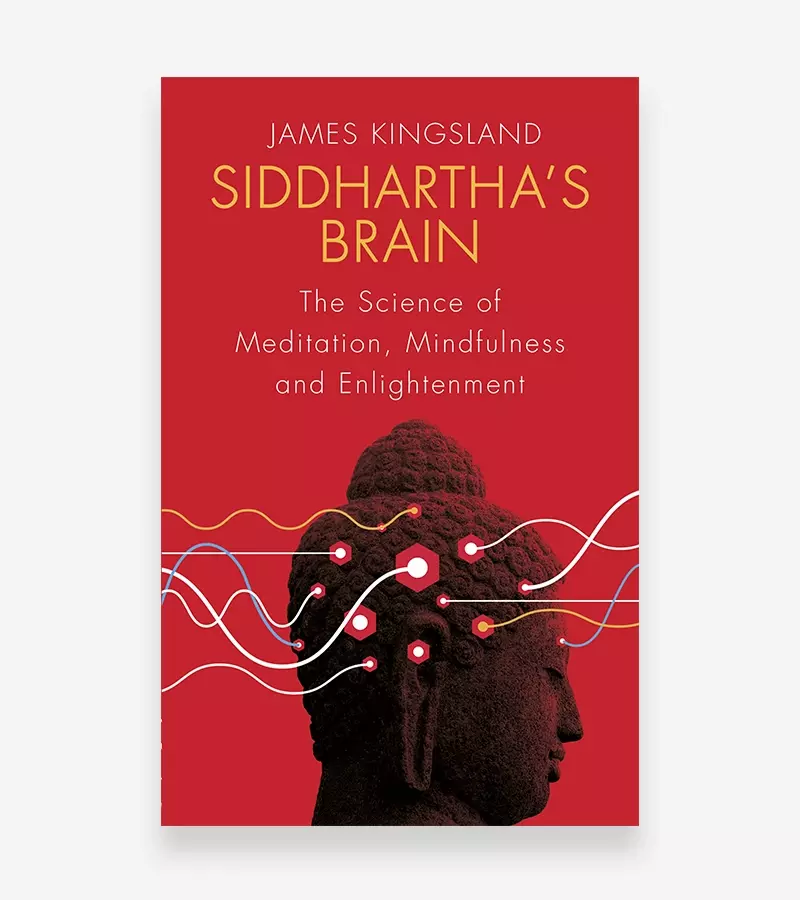Siddhartha's Brain
9781472136367
Also available from other retailers
WINNER OF THE GOLD PRIZE FOR RELIGION / SPIRITUALITY OF EASTERN THOUGHT AT THE 2016 NAUTILUS BOOK AWARDS.
Can meditation and mindfulness really reconfigure our brains to make us sharper, smarter, healthier, happier?
In Siddhartha's Brain, James Kingsland reveals that a complete scientific theory of how these practices work is now within our grasp and may be the key that unlocks a wide range of afflictions of the human mind.
Some 25 centuries ago an Indian sage called Siddhartha Gautama - the man who would become known as the Buddha - developed a programme for improving mental wellbeing that has been passed down to us by generations of monks and nuns. Far from being a New Age fad, secular mindfulness courses are remarkably consistent with these ancient teachings and are proving their worth for tackling many of the problems associated with the demands of our frenetic, technology-driven modern world.
Research by psychologists and clinicians has shown that mindfulness can be used to treat stress, anxiety, depression, chronic pain, hypertension and drug addiction, as well as improving concentration, empathy, emotion regulation and the quality of interpersonal relationships. There have even been hints that it could enhance immune function, slow cellular ageing and help keep dementia at bay.
Taking us on a journey back to the time of the Buddha to record changes in his brain as he travels the path leading to enlightenment, Siddhartha's Brain is the first book to explain not only how meditation and mindfulness work but also why. It proposes that by fine-tuning the neural circuits that allowed our hominid ancestors to band together in ever larger social groups, these practices can help us find lasting peace and contentment.



